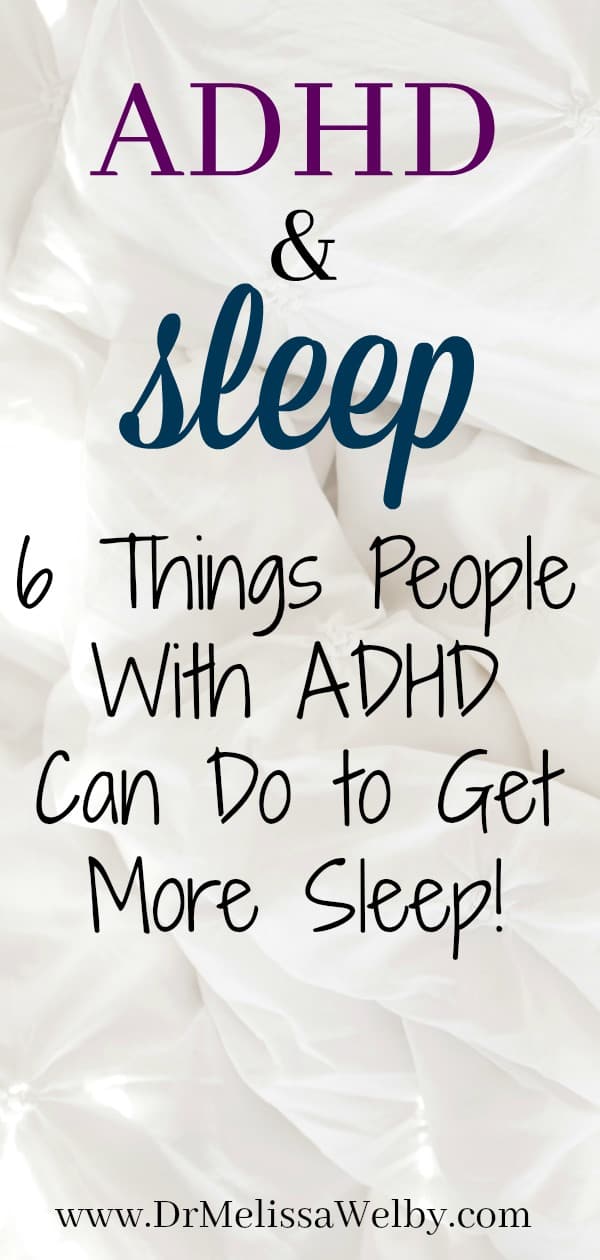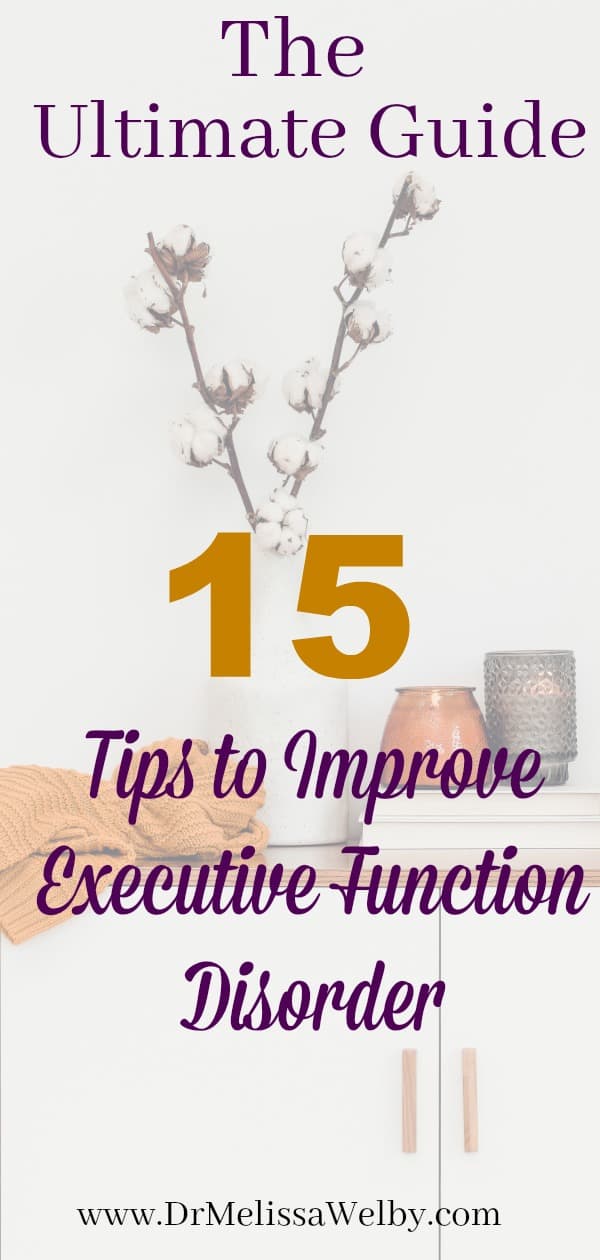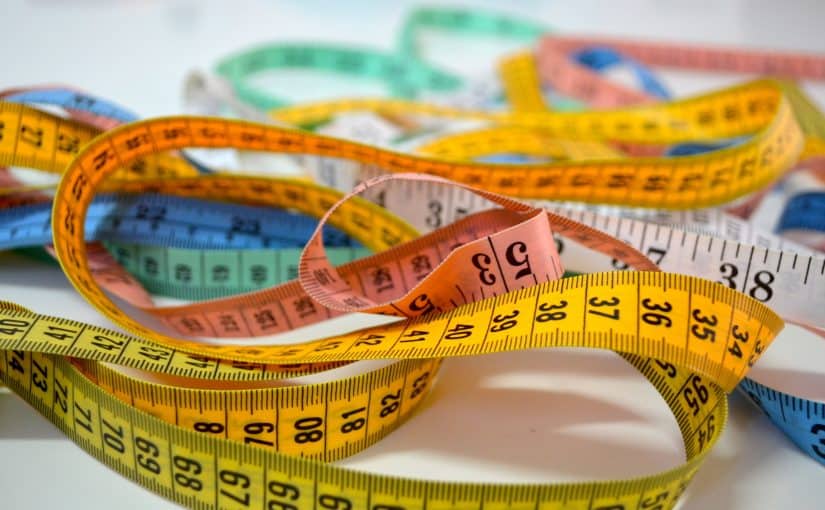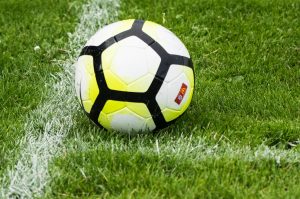Calling it executive functioning makes these skills sound fancy, complicated, and only for the most sophisticated among us. But really executive functions are automatic skills that run in the background and are in charge of helping life run smoothly. They help us in almost all we do every day. Regardless of how bright a person is, struggles with executive functioning (called executive dysfunction) will make it difficult to stay on top of tasks. Executive function deficits are often seen in ADHD, learning disabilities, and depression.
Are you concerned that ADHD may impact you or your loved one? Take this free online test now:
(adsbygoogle = window.adsbygoogle || []).push({});
Executive functions are mental skills that help us regulate ourselves and accomplish what we set out to do: to set goals and then plan out how to accomplish the goal by prioritizing tasks. At the same time, we need to remember what to do, manage our time, motivate to get started, not lose our belongings, and sustain the effort to finish what we start. Executive functioning skills are essential for smooth management of life.
Sign up here to get a year of monthly reminders sent to your inbox that will help you stay on track with your goals.
Using executive functions to get out of the house each day:
Picture a task as “simple” as waking up and getting out of the house each day. Many of us don’t even think twice about what goes into this because much of what we do is automatic and habitual. But these steps actually require high-level executive functions for planning and organization.
We need to have a sense of how much time we have until we leave, remember what we need to get done, ration that time so we can accomplish the steps needed (brush teeth, shower, get dressed, eat breakfast, make lunch, gather belongings needed for the day), self-monitor our progress and make adjustments on the fly.
Imagine being an adult with executive dysfunction and add on children to the mix. In addition to planning and organizing your own day, you need to do the same for your kids to get them out the door on time. And because kids are…. kids they often do things that throw a monkey-wrench into the best-planned routines.
Executive functioning: Our personal guide
Executive functions are our personal guide, always working in the background to keep us on track. It is like having an invisible executive administrative assistant that silently guides us throughout our day helping life to run smoothly.
Imagine if we hire a business manager that has no experience or skills? Obviously, our business will struggle for a while. Lots of tasks will fall through the cracks while they are learning skills.
If our guide is struggling we will notice difficulty in our daily management of tasks.
(adsbygoogle = window.adsbygoogle || []).push({});
Each executive function skill helps us:
- Plan
- Organize
- Set goals
- Prioritize
- Make Decisions
- Remember things
- Keep track of our belongings
- Control emotions
- Shift from one task to another
- Manage time
- Control impulsivity
- Learn from past mistakes
- Monitor and self-regulate
- Sustain effort
- Finish a task
What can happen with executive dysfunction?
Since so many of our day to day tasks use our executive functioning skills it isn’t hard to imagine the struggles that can happen when there are challenges in this area. Many of the automatic parts of life become effortful. Getting through daily tasks can feel monumental.
Executive function deficits can cause:
- Increased disorganization
- Taking a long time to complete simple tasks
- Getting easily overwhelmed
- Regularly losing or forgetting items
- Difficulty with maintaining a clean working space, room, desk
- Frequently late due to disorganization and poor time management
- Difficulty shifting from one task to the next
- Problems with prioritizing needs and wants
- Emotional dysregulation causing easy frustration or anger
- Struggles with organizing thoughts enough to write, follow and solve multi-step problems,
- Challenges with completing assignments and handing in homework
Can executive function change over time?
A child with executive functioning challenges hasn’t reached full capacity yet. In their teenage years, as their brain develops (specifically their frontal lobe), their executive functioning abilities will develop more.
This is important because it means a child who has ADHD and executive function deficits may find they struggle less as they age since they can gain increased executive functioning. They may then be able to compensate for some of the challenges that come with ADHD.
(adsbygoogle = window.adsbygoogle || []).push({});
If someone doesn’t fully grow out of executive function deficits there are ways to develop “workarounds”. Plans can be put in place to help compensate and assist if one’s natural skills need some work.
So what do you do if your executive function skills need support?
There are tools that can be used to help accommodate challenges. Many tasks can be automated so they don’t need to be remembered. Delegating other tasks can free a person up to focus on the parts of life they must be directly involved with.
For example, some people struggle with remembering to pay bills. It can be worth the money to hire someone to manage this task. The cost will be offset by the lack of late fees, high-interest charges, and penalties the person previously had to pay.
(adsbygoogle = window.adsbygoogle || []).push({});
The next post in this series on executive functioning is about 15 skills and strategies to help compensate for executive dysfunction. People with executive function deficits can overcome their challenges! They are not resigned to chronic disorganization and being late. Life for people with executive dysfunction can feel a bit more smooth by making slow and steady changes and instituting helpful support systems.
What has helped you stay organized and overcome executive functioning challenges? Share your tips so others can benefit!
Executive functioning book recommendations: read more





















